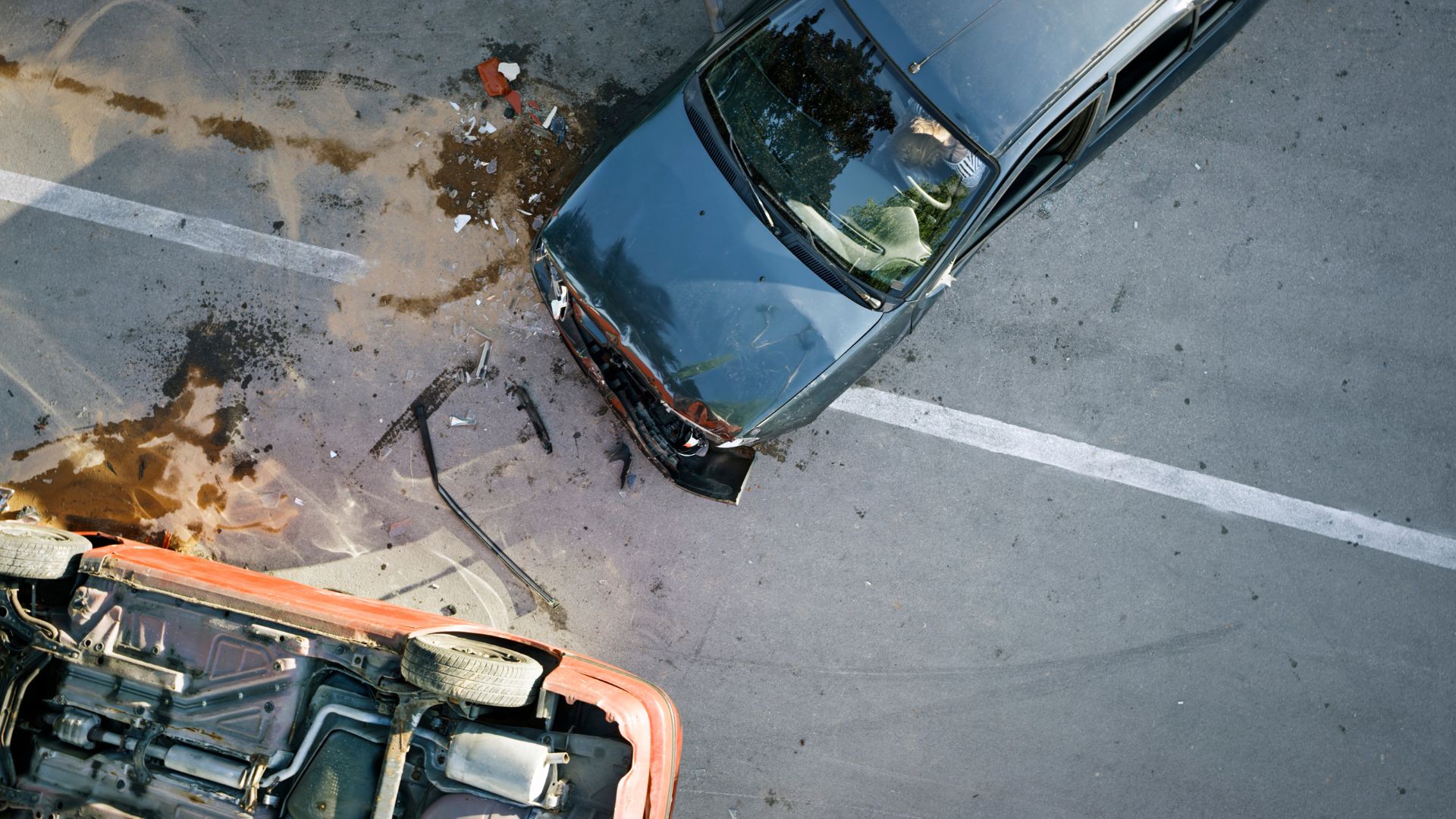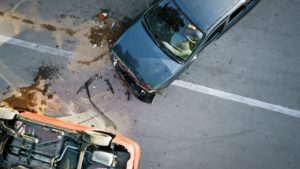
Who Determines Fault in a Car Accident in Virginia?
Who determines fault in a car accident in Virginia? This is a critical question for those seeking compensation after an accident, involving an assessment by insurance companies and possibly a court.
If you were in a car accident, you probably know it might be possible to recoup your losses if the accident wasn’t your fault. However, you must file a claim and provide certain evidence to the insurance companies before they agree to compensate you for your losses. The evidence must demonstrate the other party’s negligence and, therefore, their liability for the crash, property damage, and your injuries. Then, you have to persuade an insurer or a jury that you did not contribute to the accident. An experienced lawyer can help you navigate the claims process and protect your right to compensation.
How Is Fault Determined in a Car Accident in VA?
First and foremost, never admit any amount of fault after a car accident. In Virginia car accident claims, determining fault matters because the insurance carrier can pay for your losses, bodily injury, or property damage if you are not at fault. Depending on your policy and who is at fault, your insurer may pay part of your claim based on the coverage you have through your own policy. Or, you may get a claim payment from the other driver’s insurer.
However, if the insurance company can prove you were partially at fault for the accident, you won’t be able to recover compensation. Virginia is one of a few states that has a contributory negligence rule. That means if you were even 1% at fault for your accident, you can’t collect any compensation.
Liability in vehicle collisions is ultimately determined by an insurance claims adjuster assigned to the case or, if needed, by a court. An insurance company will evaluate the vehicle damage and injury reports and carefully review all the events and circumstances preceding the accident. However, you must rely on someone other than insurance adjusters to look out for your best interests during this process. While insurance companies may try to convince you that they are on your side, it’s in their best interest to avoid paying a claim, no matter how deserving someone might be. Additionally, the contributory negligence rule makes it easier for insurers to deny claims in Virginia because they only have to prove you were 1% at fault to deny the claim. An experienced car accident lawyer can help you show the other driver was completely at fault for your accident so that you don’t miss out on the compensation you deserve.
Who Is Liable After an Auto Accident in Virginia?
To recover compensation for your auto accident damages, you must prove the other driver is liable. Usually, to prove liability, you must prove that the negligence of the other driver caused the accident. Proving negligence requires demonstrating the following elements:
- The driver owed a duty to other drivers on the road to operate their vehicle safely;
- The driver breached this duty by engaging in unsafe behavior;
- The unsafe behavior caused your injury; and
- You suffered damages as a result of the accident.
To bring a successful car accident claim, it’s crucial that you establish a clear connection between your accident and the breach of duty. For example, you need to show that an at-fault driver was speeding or driving recklessly, resulting in the collision that caused your injuries. Once you establish the relationship between the breach and the accident, you must show the accident caused your injuries.
The insurance carrier will determine whether the other driver was negligent by investigating how the accident happened and examining the facts to see if the elements of negligence listed above are present. There are multiple sources of evidence that the insurance carrier may use, including the following:
- Witness statements,
- Vehicle damage,
- Official accident report,
- Street camera footage,
- Skids marks,
- Crash debris,
- Accident scene images and video,
- Vehicle event data recorder information,
- Phone and text records,
- Citations for traffic violations,
- Road and weather conditions, and
- Relevant social media posts by the other party.
In a car crash investigation, acting quickly to gather and preserve evidence is important. You may need a court order to obtain some evidence, such as another driver’s phone records or the content of their vehicle’s data recorder. The vehicle data records could be particularly helpful because they can include information like the speed at the time of the collision, braking (or lack thereof), steering angle, distance traveled, time on the road, and other information, depending on the model of the vehicle.
The insurance carrier conducts its own investigation to determine fault. It’s important that you hire an attorney who can also conduct an investigation to ensure the insurance carrier has all the facts. An attorney may also enlist the help of private investigators or, in some instances, hire an accident reconstruction specialist to piece together what happened.
If I Can Prove Liability, What Losses Can I Recover?
Learning who determines fault in a car accident in Virginia is only part of the equation. It’s also helpful to know how the value of your claim will be determined. The total value of your losses depends on the assessed amount of damages. When calculating damages, the goal is to compensate a person and make them whole again after an accident. An insurance company calculates damages by assessing the losses you’ve incurred due to the accident, including medical expenses, lost wages, diminished earning capacity, out-of-pocket expenses, mileage, and future medical expenses.
You can also recover noneconomic damages that compensate you for the emotional and mental harm caused by your accident. Examples of non-economic damages include pain and suffering, emotional distress, and loss of consortium. An insurance company may not consider these damages if you don’t claim them, so it’s important to include these in your claim. Even though they are harder to calculate, a lawyer will know how to assess noneconomic damages to compensate you for your losses fully.
Once the calculation is complete, an experienced attorney will compare your claim’s value to similar claims, consider what an insurance company has paid in the past for comparable damages, and then arrive at an appropriate value for your losses. This is the amount your attorney will fight for during the claims or lawsuit process.
Let Us Help You Maximize Your Recovery
If you’ve suffered injuries in a car accident, The Law Firm of Carlton F. Bennett, PLLC, is here to help you hold the person responsible for your injury accountable. We have over 47 years of experience and have recovered millions of dollars in compensation for our clients. Let us put our experience and skills to work for you so that you can focus on your recovery.
Contact Us
Contact us today for a free consultation to learn more about how we can help you.


